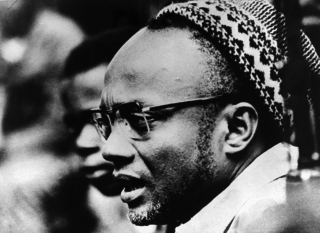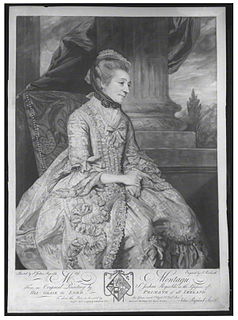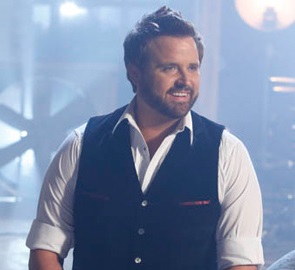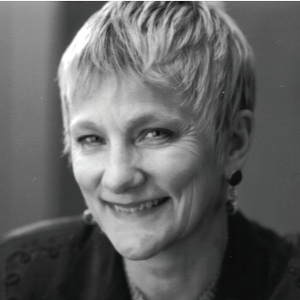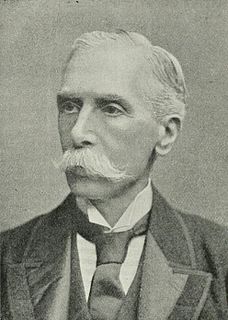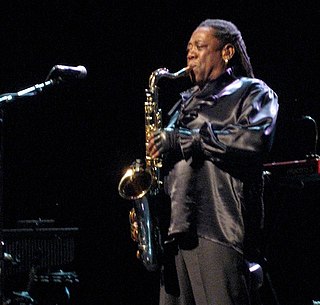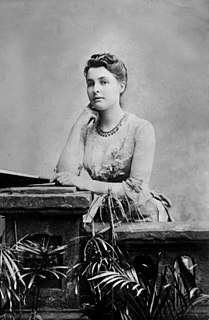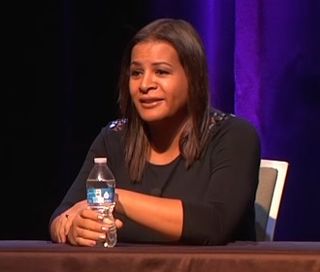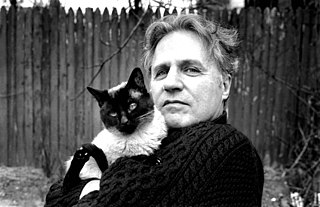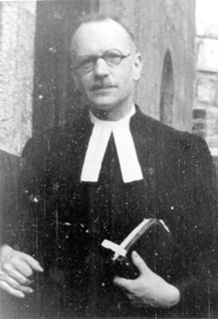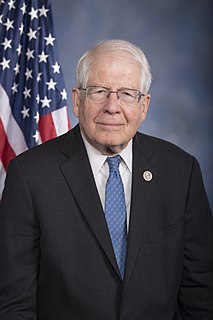Top 1200 Personal History Quotes & Sayings - Page 2
Explore popular Personal History quotes.
Last updated on April 16, 2025.
I am opposing it with an idea of the history of philosophy as a history of philosophers, that is, a history of mortal, fragile and limited creatures like you and I. I am against the idea of clean, clearly distinct epochs in the history of philosophy or indeed in anything else. I think that history is always messy, contingent, plural and material. I am against the constant revenge of idealism in how we think about history.
Terroir - the taste of place - was important from the early South of the first Indian, African, and Europeans to the nineteenth-century South. During that time, Southerners ate far more locally and seasonally, from the ground they knew and grew up on. That idea connects back to today. You are a place. And as a Southerner, the food you place in your body speaks of your personal history, and of the broader Southern history.
Music expresses feeling, that is to say, gives shape and habitation to feeling, not in space but in time. To the extent that music has a history that is more than a history of its formal evolution, our feelings must have a history too. Perhaps certain qualities of feeling that found expression in music can be recorded by being notated on paper, have become so remote that we can no longer inhabit them as feelings, can get a grasp of them only after long training in the history and philosophy of music, the philosophical history of music, the history of music as a history of the feeling soul.
The process has now run full circle: Preaching originates in personal counseling; preaching is personal counseling on a group basis; personal counseling originates in preaching. Personal counseling imparts to the preacher a practical familiarity with human nature which he would not otherwise obtain.
It's amused me the writers who have assumed that I was referring to a hateful quality of society in the '80s. I think that degree of hatefulness is pretty much steady throughout human history. To me, it's just an amusing sense of self-deprecation - my hateful years. It was entirely personal; it was my personal, hateful years, when I most overtly tried to lash out at society. As I used to say: it was an attempt to burn society down to the ground.
We know only a single science, the science of history. History can be contemplated from two sides, it can be divided into the history of nature and the history of mankind. However, the two sides are not to be divided off; as long as men exist the history of nature and the history of men are mutually conditioned.
When I went to high school - that's about as far as I got - reading my U.S. history textbook, well, I got the history of the ruling class. I got the history of the generals and the industrialists and the presidents that didn't get caught. How 'bout you? I got all of the history of the people who owned the wealth of the country, but none of the history of the people that created it.
The theme of the diary is always the personal, but it does not mean only a personal story: it means a personal relationship to all things and people. The personal, if it is deep enough, becomes universal, mythical, symbolic; I never generalize, intellectualise. I see, I hear, I feel. These are my primitive elements of discovery. Music, dance, poetry and painting are the channels for emotion. It is through them that experience penetrates our bloodstream.
Memoir is trustworthy and its truth assured when it seeks the relation of self to time, the piecing of the shards of personal experience into the starscape of history's night. The materials of memoir are humble, fugitive, a cottage knitting industry seeking narrative truth across the crevasse of time as autobiography folds itself into the vast, fluid essay that is history. A single voice singing its aria in a corner of the crowded world.
There's a lot we should be able to learn from history. And yet history proves that we never do. In fact, the main lesson of history is that we never learn the lessons of history. This makes us look so stupid that few people care to read it. They'd rather not be reminded. Any good history book is mainly just a long list of mistakes, complete with names and dates. It's very embarrassing.
I don’t know much about history, and I wouldn’t give a nickel for all the history in the world. It means nothing to me. History is more or less bunk. It's tradition. We don't want tradition. We want to live in the present and the only history that is worth a tinker's damn is the history we make today.














